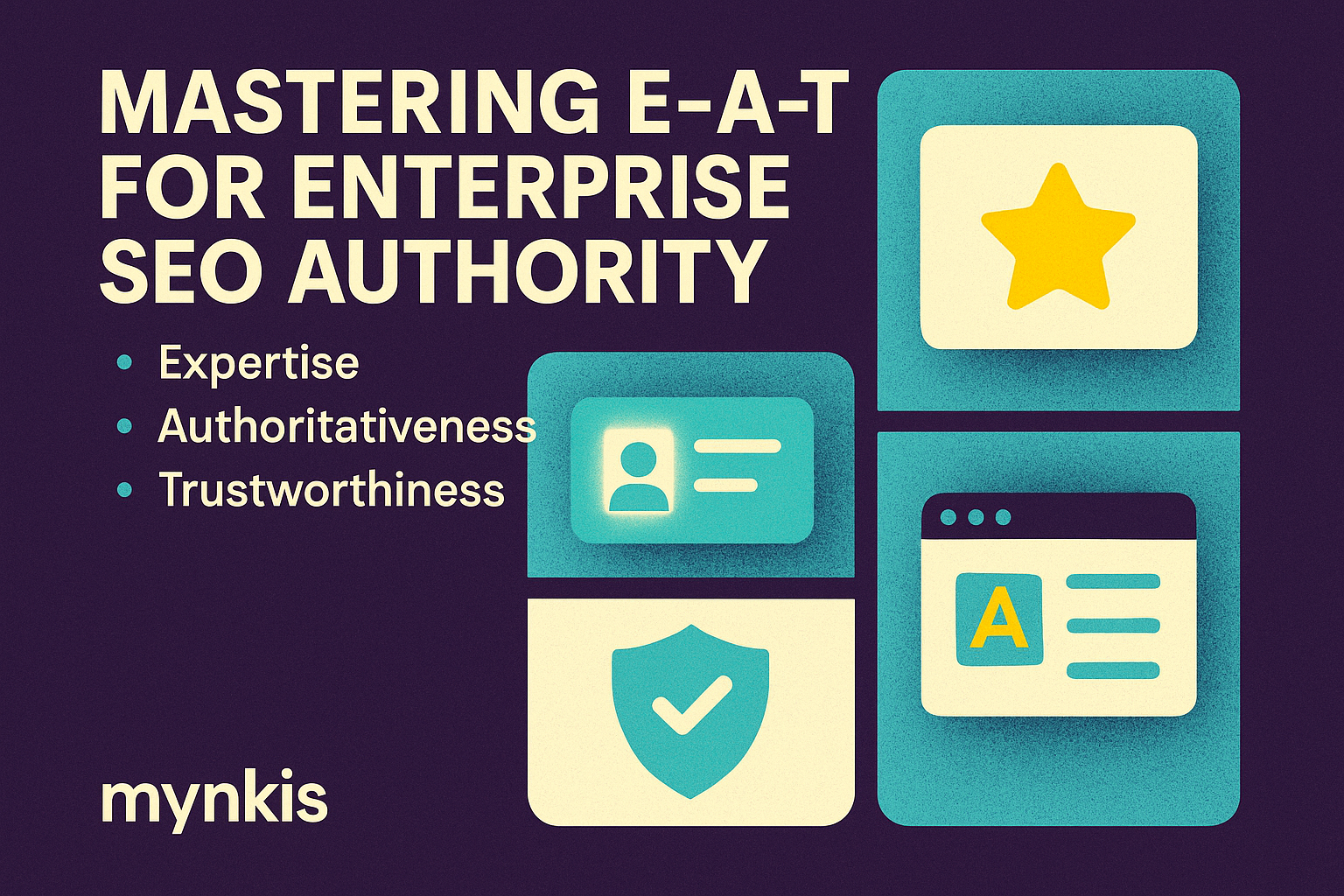Schedule a Demo
In the digital realm, standing out amidst a sea of competitors requires more than just pretty designs or functional software. It demands a deep understanding of what truly propels brands to the top of search engine results. That's where E-A-T principles—Experience, Expertise, Authoritativeness, and Trustworthiness—come into play. They're not just buzzwords; they're your roadmap to achieving unrivaled SEO authority in custom enterprise software development.
I've had the privilege of working with countless large organizations, many of whom were keen on crafting high-performance websites and internal tools but often missed the mark on leveraging E-A-T to its fullest potential. Let's dive into how you can integrate these principles to enhance your brand's online presence and performance.
Experience is the lived wisdom that shapes how well your software or service meets the user's expectations. In my experience working alongside operations managers from various sectors, I've seen firsthand how illustrating real-world applications of your software can significantly boost your SEO rankings. Crafting detailed case studies and customer success stories, based on available research, showcases the practical application of your solutions, making your content more relatable and valuable to potential clients.
For instance, showcasing a case study about a custom software solution that transformed a company's operational efficiency can resonate with similar organizations looking for bespoke solutions. When telling these stories, clarity and specificity are key. Lay out the problem, your unique approach, and the tangible results achieved. Remember, though individual results may vary, well-documented success stories provide concrete evidence of your experience.
Expertise in the domain of custom software development isn't just about knowing the latest technologies; it's about innovating and solving complex problems in ways that set you apart. To demonstrate this, you can integrate insights or quotes from leaders within the tech community like Dr. Fei-Fei Li or Matt Mullenweg, whose work spans AI and open-source software.
Publishing whitepapers, detailed blog posts about solving specific industry problems, or even case studies where your expertise led to groundbreaking solutions can significantly elevate your position in search engine results. Drawing from such examples gives your content the depth and technical edge your enterprise software clientele seeks.
Authoritativeness is the culmination of consistent output and thought leadership. It's about how your brand is perceived among peers, competitors, and within your industry at large. Strengthening your authoritativeness involves active engagement in relevant communities—think forums, conferences, and partnerships with authoritative bodies like the World Wide Web Consortium (W3C).
Regularly contributing to discussions on platforms like Stack Overflow or GitHub can show you're in the thick of things, providing real value to other developers and enterprises. Additionally, receiving backlinks from recognized institutions or getting featured in industry journals gives a powerful boost to your site's credibility and ranking in search engine results. These efforts cumulatively build your brand's authority on both software solutions and SEO.
Trustworthiness hinges on transparency and reliability. In the realm of enterprise software, where decisions carry significant financial implications, the trustworthiness of a service provider is paramount. I always advocate for an open-book approach; clearly displaying credentials, privacy policies, and user reviews on your website goes a long way in building that trust.
Crucially, trustworthiness also extends to the accuracy of the content you provide. False promises or overstated capabilities can swiftly erode trust. Hence, it's essential to pair assertive marketing language with measured, data-backed claims, acknowledging that results can vary. Detailed documentation and easily accessible customer support further enhance your brand's trustworthiness.
Moreover, maintaining robust security practices, especially when dealing with internal tools or customer portals, strengthens your reputation for protecting sensitive enterprise data. Displaying security certifications or GDPR compliance badges adds an extra layer of credibility to your business practices.
Incorporating E-A-T into your SEO strategy is not just about standing out to search engines but about resonating deeply with your audience of large organizations needing tailored software solutions. Combining high-quality content that showcases real experience, demonstrates expertise, asserts authoritativeness, and builds trustworthiness is key.
This approach can significantly amplify your online visibility, translating into more meaningful engagements with potential clients. By aligning your content strategy with these principles, you'll not just navigate the digital landscape; you'll command it, fostering lasting relationships with those who rely on your software to enhance their businesses.
Utilize a variety of formats—from in-depth articles to videos or podcasts—ensuring they are infused with the essence of E-A-T at every turn. Promote these materials across channels where your target audience engages, whether through LinkedIn for B2B connections or industry-specific blogs and news outlets.
The journey toward heightened SEO authority through the mastery of E-A-T is ongoing. It requires dedication, continuous learning, and an agile approach to adapt to changing industry trends and search engine algorithms. In doing so, you're not just meeting the needs of your clients; you're setting new standards in enterprise software development.
